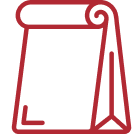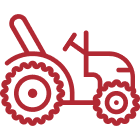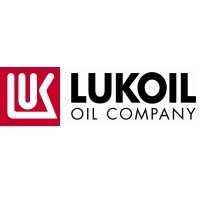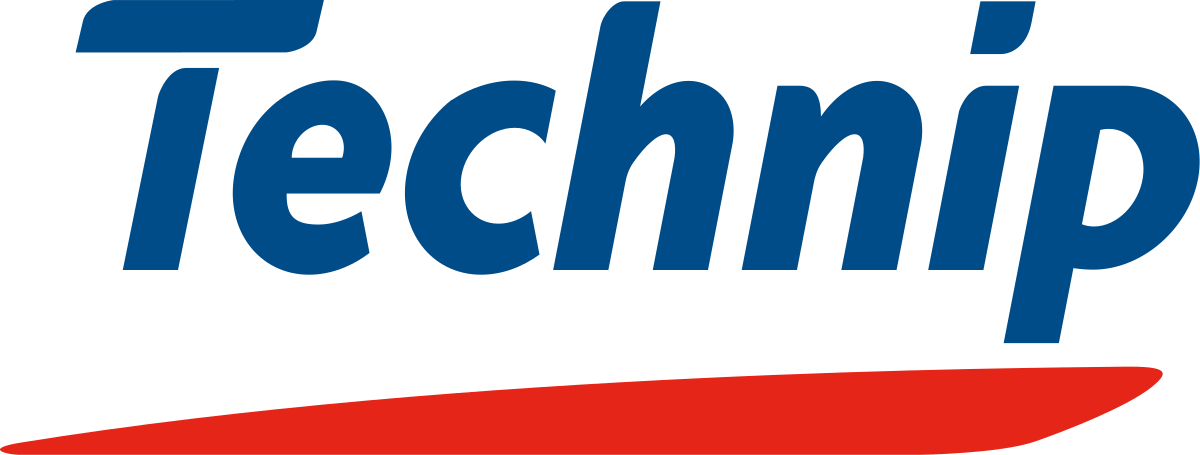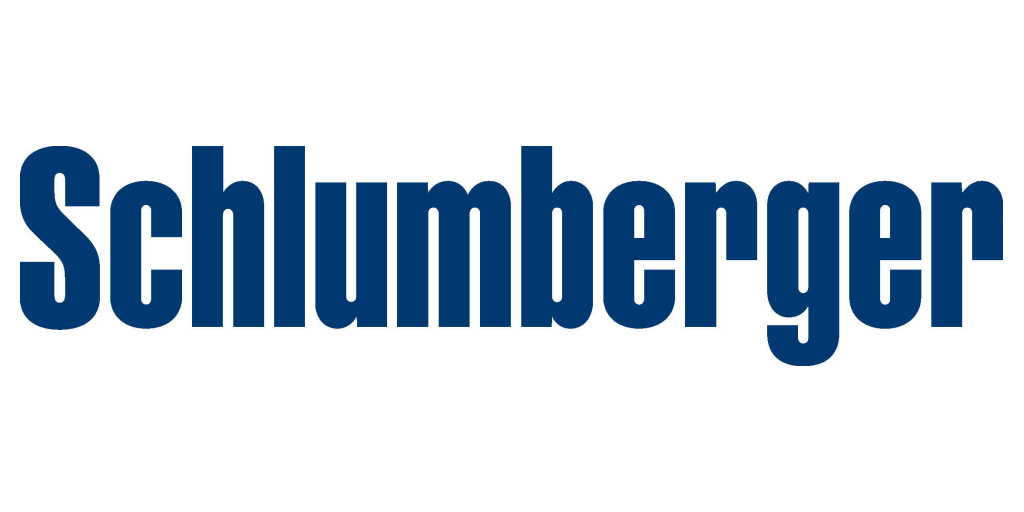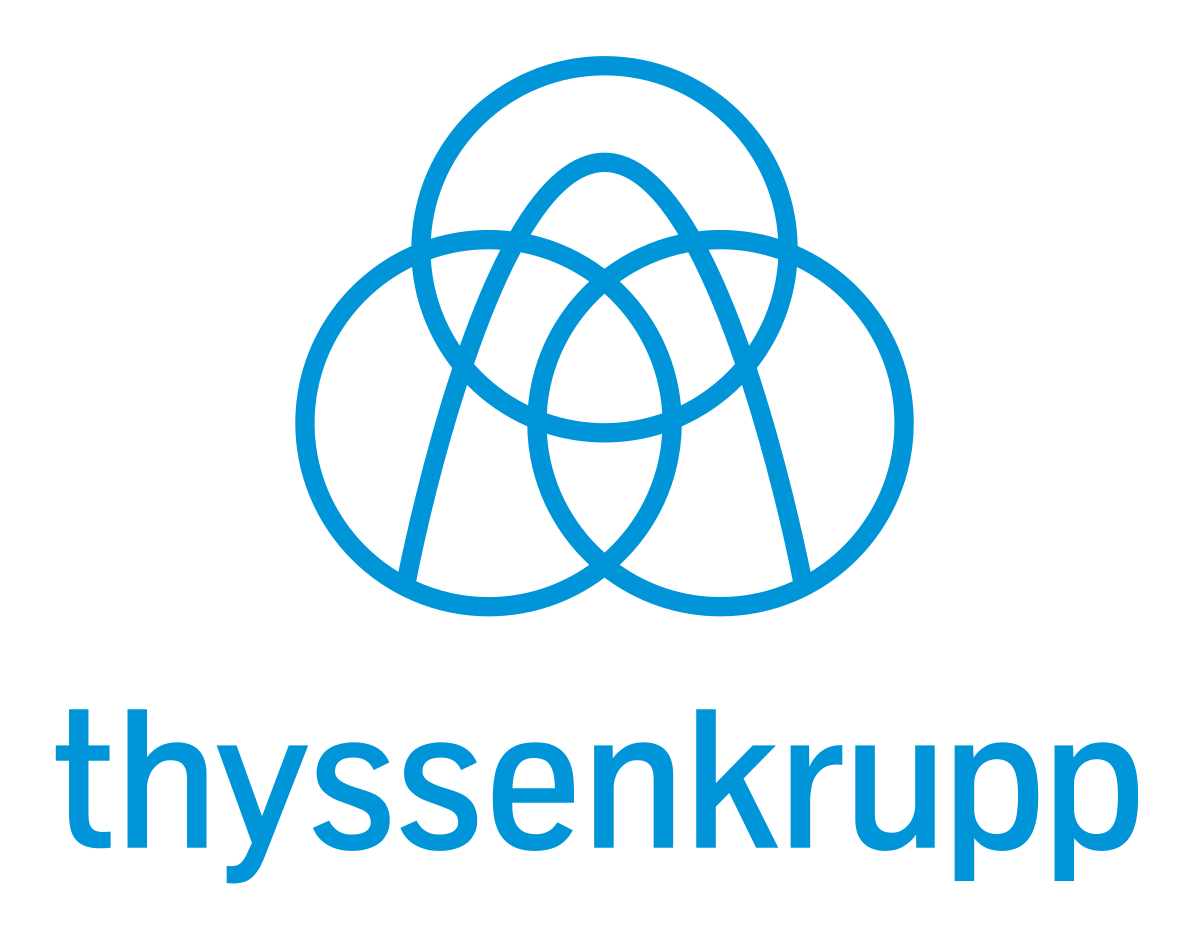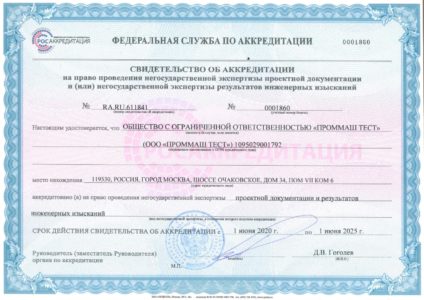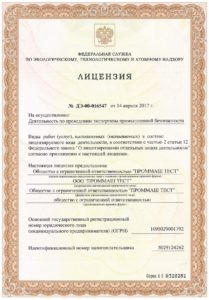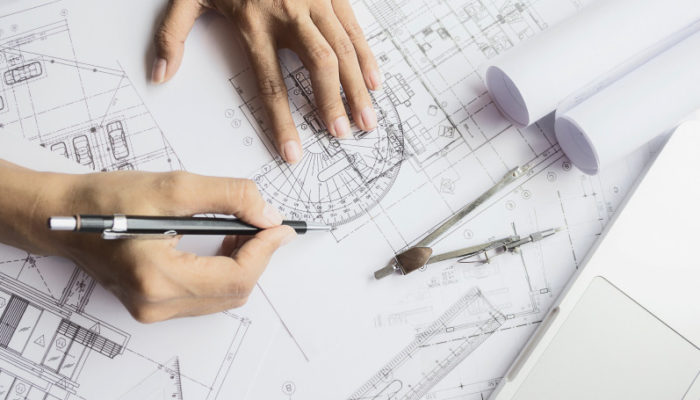
Technical documentation is a set of documents that regulate the conditions of production, standards of its safety and quality, describe the technical characteristics, establish the rules of operation, repair and disposal.
Structure, content and execution order of each document are regulated by legislation, various standards, the basic of which are USDD and USTD standards.
The manufacturer of the products is obliged to develop such technical documentation, however he has the right to entrust the work to an external contractor. We are ready to help and assist in this matter. We will not only make all the necessary documents “turnkey”, but also, if necessary, coordinate them with the relevant executive authorities. Some types of documents in case of loss we can develop anew.
Types of technical documentation we develop
1) Operation manual – it contains detailed information about the product and instructions for its proper and safe use (including storage, repair and disposal). This manual is more complete and comprehensive in content than other technical documents. It is valid as long as the information in it is relevant.
The requirements for the content of control descriptions are established in GOST (State Standard) 2.610 and some technical regulations, in particular in TR CU 004/2011, TR CU 020/2011, TR CU 010/2011, TR CU 016/2011 and TR CU 032/2013. These requirements apply to the OM of the products included in the regulatory scope of these regulations.
2) Passport (form) of a technical device contains information certifying the manufacturer’s warranty, values of the main parameters and characteristics (properties) of the product, as well as information on certification and disposal of the product.
Requirements for it are established in the Unified System Design Document, GOST (State Standard) 2.601, TR CU 032/2013. The document is open-ended.
3) Strength calculation – contains the results of the procedure of the same name, which allows you to determine what margin of safety is available for a particular product, taking into account the allowable stresses. The document is required, in particular, to confirm the compliance of vessels and apparatus with the requirements of TR CU 032/2013.
4) Technical specifications – establish technical requirements that products must meet. In addition, the document contains information on how it should be transported, stored and used.
As a rule, they do not have a time limit, but it can be set by agreement with the customer.
Specifications are developed for:
- one specific product, material, substance, etc;
- several specific products, materials, substances, etc. (group specifications).
Technical specifications are developed:
- if there is no GOST for the products;
- if it is necessary to supplement or specify the requirements of GOST. In this case the TR should not contradict the GOST in any way.
The requirements for the development of technical specifications are defined in Federal Law № 162, GOST 2.114, GOST R 51740, GOST 2.301, GOST R 15.301
5) Other documents depending on the specifics of the customer’s products.
